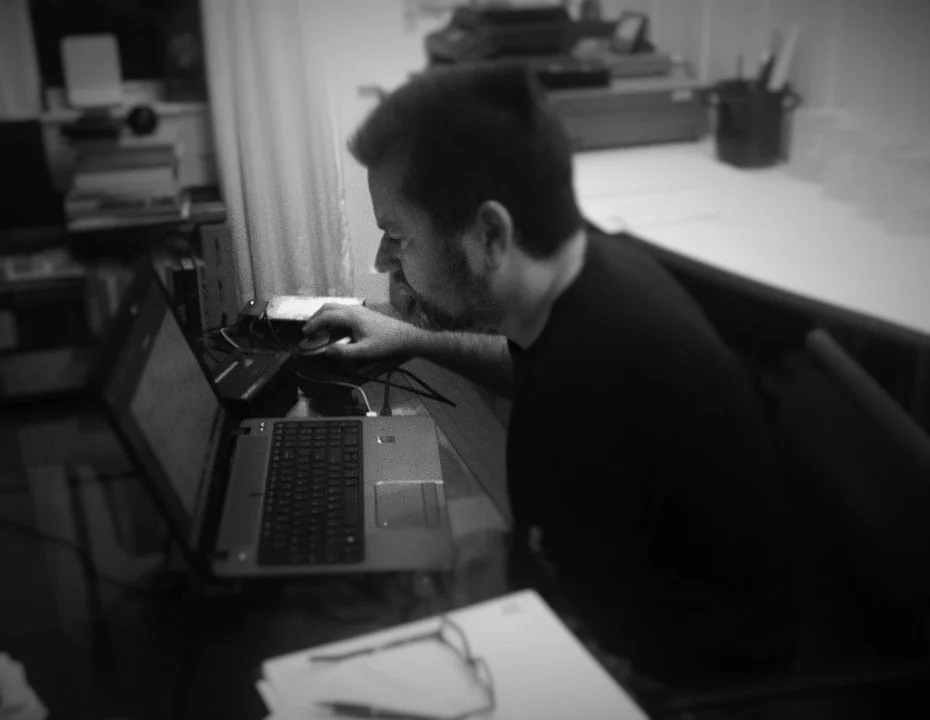Melatonin
Today’s fast paced information technology lifestyle is characterized by more unavoidable hours of exposure to electronic devices, mobile phones, laptops and computers. Though technology has been able to support us in several ways, it hasn’t come to us without a cost. Overexposure to the electronic devices disturbs the biological sleeping clock or the circadian rhythms;
The Circadian rhythms is the rhythmic natural process of the pineal gland that identifies the difference between day and night. Essentially, it tells the body about the time to work and time to rest. When it is day time, the body automatically wakes up to identify the day patterns and gets activated to get out of bed. As the evening sets in, the circadian rhythm identifies the time of the body to rest and sleep so that it can naturally recover and replenish the damages and repairs in the body.
A substantial 32% of the weight loss depends upon the sleep patterns of the body. This means, you need adequate sleep in order to keep the body fats in check, gradually burn the food that we ate at night, keep the cholesterol and sugar levels in control, and ensure a systematic weight loss.
Thanks to the overexposure to technology,a good night’s sleep is a premium commodity, due to which a significant population of India is suffering from issues such as sleep apnea, mental fog and confusion, improper neuro-muscular coordination, depression, anxiety, hypertension and increased heart rate.
The Melatonin hormone, also known as the time-keeping molecule is produced in the pineal gland and is responsible for keeping the biological clock in check. It has been blessed to the human species as a part of 2.5 billion years of evolutionary process.
How does melatonin get affected by improper lifestyle?
When we spend more hours in front of a screen, the brain receptor cells which are responsible for capturing the photoperiods (the periods of natural light and darkness) are essentially unable to identify the light from natural source or light from the screens.
Due to this, even during the night time, the circadian rhythms are of the belief that it is still day time and not the time to sleep yet. The brain receptors conflict between the biological sleeping time and artificially induced photoperiods due to which the sleep induced is disturbed.
If continued for prolonged hours, the body clock forms a habit where it craves for light exposures even during the resting periods at night, and if not available, creates confusion and restlessness.
The prolonged hours of less sleep leads to less production of melatonin by the pineal glands resulting in issues such as sleep disorders, sleep apnoea, confusion and other complications.
Basically, the brain is forced to assume all the time that there is no darkness and hence, it is not the time to sleep yet. Hence, the pineal gland reduces the melatonin production, assuming that the body does not require sleep. Over time, the pineal gland gets into the habit of reduced melatonin production.
Melatonin apart from being produced by the pineal gland is also found in the eyes, bone marrow and gut and is responsible to make us fall asleep. Apart from being supportive in sleep, it is also a powerful antioxidant and helps to deal with eye health, eases the tinnitus symptoms, and treats stomach ulcers and heartburn to considerable extent. It is because when you sleep, the digestion levels are improved and this reduces the risk of endocrinal and intestinal problems in future.
Also, when sleep is improper, the stop-cock solution to the problem is using a sleeping pill such as Benzodiazepines, Doxepine, and Eszopiclone which are knee jerk solutions and can quickly dose you off. But in the long run, such medications have side effects especially on the liver and heart.
How to maintain the proper levels of melatonin in my body?
The choices are but obvious and simple, yet ignored by majority. Lifestyle disease is real and alarming, and rapidly gripping the Indian population, especially the working class group, both men and women who are stuck to their devices for hours together.
Work from home was assumed to be blessing for many, in the post Covid-19 scenario; until people realized what waited ahead. Now, people are spending more number of hours in front of the screens, blue-ray devices and worse, the small screen mobile devices.
When used from a very remote distance from the eyes, especially in the darkness, considerable amounts of light falls directly into the retina of the eyes and a concentrated burst of light on the neural receptors is enough to induce a false impression of daylight, forcing the eyes to continue to remain open, and depleting the natural sleeping instincts.
The only way to improve the melatonin levels is a serious lifestyle change. But how much are we ready for that? Are increased work hours allowing us to cut out on the device usage per day? A working family today collectively spends more than 20 hours in front of the screen, drastically increasing the sleep related risks in their lifestyle.
Another way apart from changing lifestyle is to use effective nutritional supplementation to bring back the natural circadian rhythms in proper order, by increasing the levels of melatonin in the body. As the pineal gland gradually comes back to its original cycle, and the melatonin levels are improved, the natural levels of sleep can be recovered.

Zimunat Melatonin is a nutraceutical supplement with patented ThinOral technology where the delivery mechanism is simple and easy to administer. It consists of oral thin film strips which when placed on the tongue melt in a few moments. These strips taste really good and can be taken anywhere anytime.

